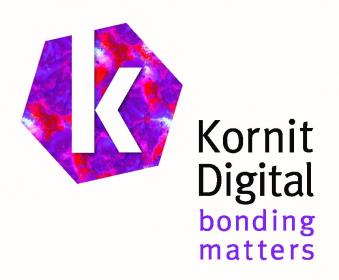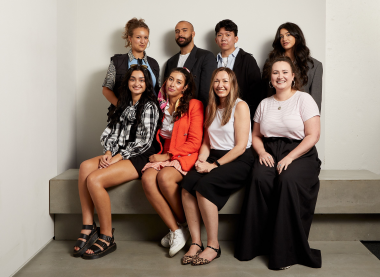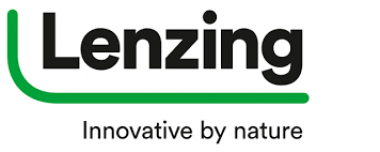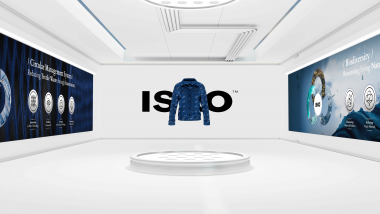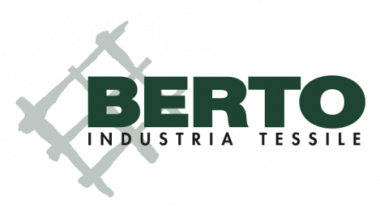Alliance of the Willing at Berlin Fashion Week: VORN, Zalando, Unity and Kornit Digital
Kornit Digital LTD. (NASDAQ: KRNT) ("Kornit" or the "Company"), a market leader in sustainable, on-demand digital fashion and textile production technologies, announced its partnership with VORN – The Berlin Fashion Hub, Zalando, and Unity – creating an "alliance of the willing" to transform the industry via "phygital" fashion with a circular approach.
Nine designers were challenged to create fashion capsules in eight weeks utilizing the latest technology innovations from the three alliance partners – combining digital product creation, web3-based design, digital printing, immersive circular design, 3D rendering and avatar development. All collections are on display exclusively at Berlin Fashion Week from Wednesday, January 18 to Friday, January 20 at Bikini Berlin.
The challenge follows standing room only Kornit Fashion Week events across the globe, displaying how on-demand, digital production creates a fashion world of nearly endless creativity. Hosted at the Impact Hub Berlin, the VORN Academy Program offered creators access to a holistic technology toolset - including the advanced Kornit Presto MAX single-step solution for direct-to-fabric sustainable printing. Some of the prominent designers taking part include costume and fashion designer Alexis Mersmann, Judith Bondy, AR and NFT artist Ann-Britt Dittmar, Berlin-based director Tanja Bombach, Nina Jurcic, Olga Boncheva, digital artist, and fashion designer Schirin Negahbani, Johann Erhardt, and Israeli designer Idan Yoav.
"This collaboration across four industry leaders is so unique because the result is a sum so much greater than each of its individual parts. It's a true 'alliance of the willing' that opens doors to 'phygital' collections built at the intersection of digital fashion, 3D design, and on-demand production," said Omer Kulka, Chief Innovation Officer at Kornit Digital. "We're honored to team with VORN – The Berlin Fashion Hub, Zalando, and Unity during Berlin Fashion Week to demonstrate what's possible as the physical and virtual fashion worlds come together."
"When we launched the Berlin Fashion Hub, our intent was to create a B2B environment to spark unmatched fashion and sustainability innovations. As Berlin is one of the world's most important fashion and textile centers, there is no better place to demonstrate economically succesful circularity in the fashion industry," said Professor Marte Hentschel, Co-Founder at VORN – The Berlin Fashion Hub. "Together, we're changing fashion to drive sustainability and harness the creative power of both the physical and virtual. We're proud of what's been accomplished in conjunction with an incredible group of designers, creators, and partners."
Kornit


